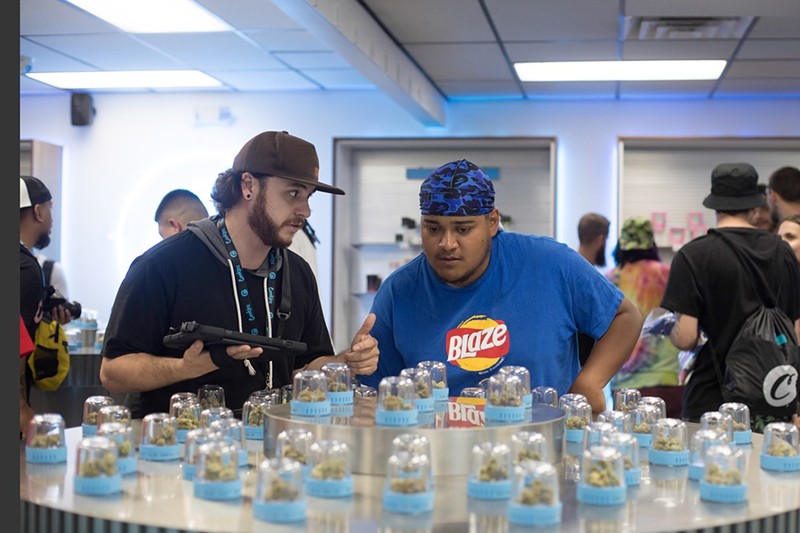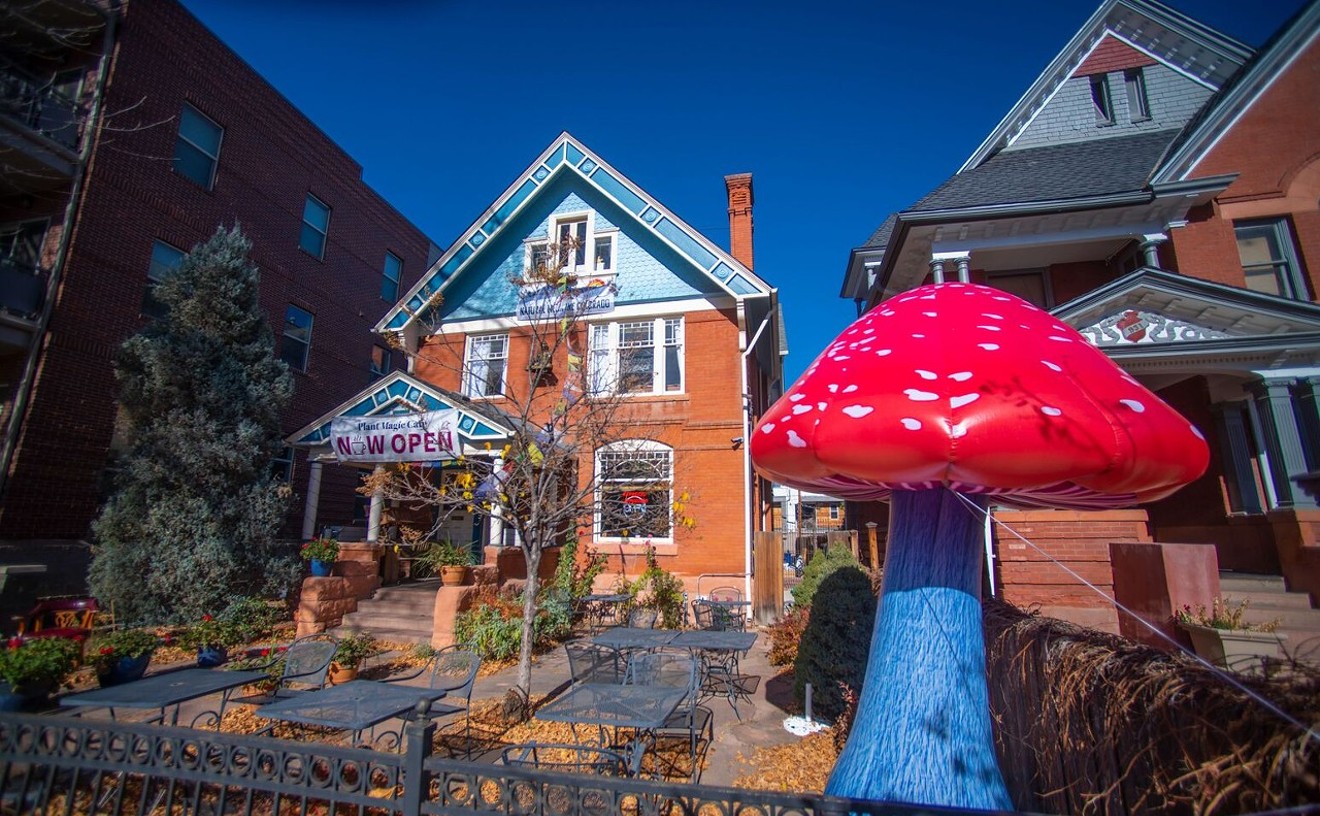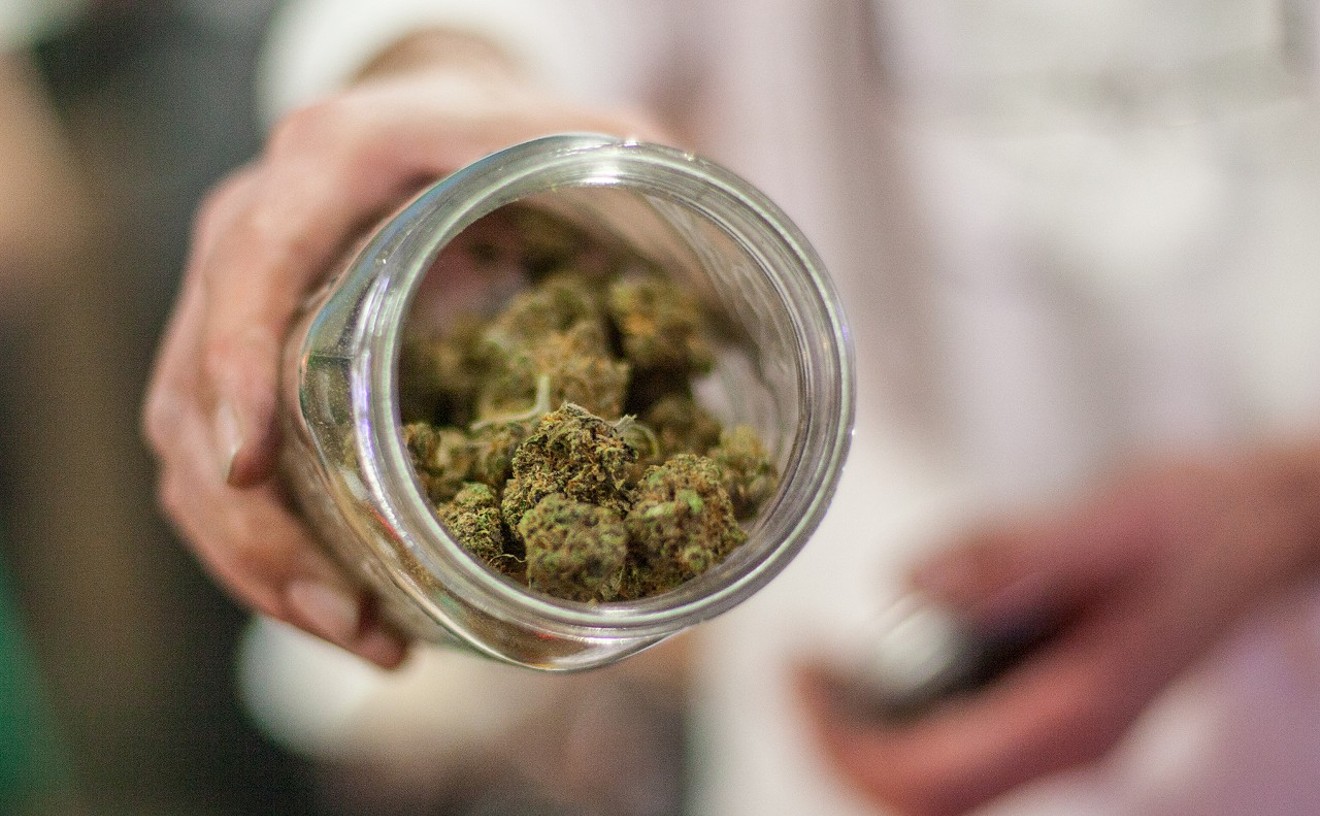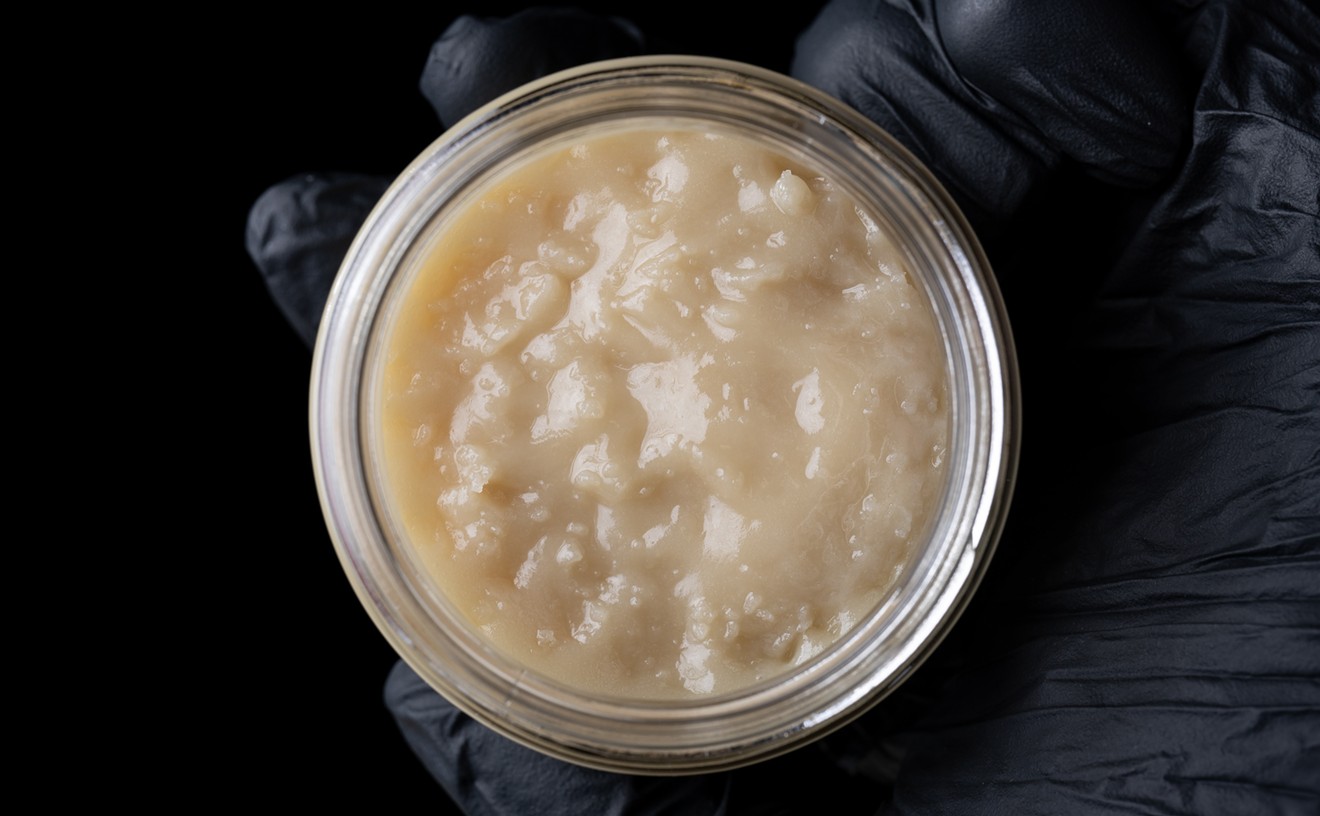The statewide measure, an educational enrichment program for out-of-school learning, was approved by the Colorado Secretary of State's Office after signatures were submitted in August; the ballot question proposes a 5 percent tax increase on recreational marijuana sales to help pay for the program. Advocates of a ballot initiative in Denver that was also approved for the November election want to see a 1.5 percent increase in marijuana sales tax to fund pandemic-related research.
Neither measure comes without controversy, but that didn't stop the campaigns from breezing through the signature-collection and ballot-approval process. Here are the basics on both:
State Learning Enrichment and Academic Progress Initiative
Known as the LEAP initiative, this statewide program would earmark lower- and middle-income families with primary school-aged kids for annual stipends of around $1,500 per child. The stipends would pay for out-of-school learning services, including after-school programs, individual tutoring and specialized after-school classes, with an emphasis on summer education. Families earning between $25,000 and $50,000 a year would be prioritized as beneficiaries of the program, according to the proposal.Public schools and teachers providing out-of-school learning and programs would automatically be eligible for compensation from LEAP stipend money, while institutions like the Boys & Girls Club or private services would apply through a board approved by the state Department of Education, according to Mike Johnston, former gubernatorial candidate and current CEO of Gary Community Ventures, a nonprofit organization pushing the initiative.
The marijuana industry isn't happy with the suggested hike in sales tax, however, and sections of the education community haven't bought in, either. Public education providers prefer that extra funding from marijuana taxes go toward paying off a $572 million debt that the State of Colorado owes schools, while providers of no-cost, out-of-school programming worry that they'll be blocked from the new funds since they don't charge for services, according to Scholars Unlimited, a Denver-based out-of-school learning organization.
Funding for the program would come from a mix of the 5 percent marijuana sales tax increase and the repurposing of a portion of investment revenue derived from leases, rents and royalties paid for state-owned lands. Diverted revenue from state-owned lands would provide an estimated $60 million for the program, and the remaining funds would come from the marijuana sales tax increase, according to LEAP organizers.
Colorado currently imposes a 15 percent special tax on recreational marijuana sales, with local governments implementing their own marijuana sales and industry taxes on top of that. Applied to 2020 sales figures, a 5 percent marijuana tax increase would yield just short of an extra $80 million, according to state Department of Revenue data.
Denver Pandemic Fund Initiative
The Denver Pandemic Fund Initiative would fund pandemic research as well as public health and economic response plans during pandemics, adding another 1.5 percent to sales tax on recreational marijuana purchases in Denver. According to the ballot petition, around $7 million would be raised annually by the tax increase, with all of it going toward the University of Colorado Denver CityCenter — a partnership between CU Denver, the City of Denver and local businesses — for research. If the Denver Pandemic Campaign's calculations are correct, the CU Denver CityCenter would be able to dedicate around $5.25 million a year to research and another $1.75 million to planning and policy.Recreational pot purchases in Denver currently incur around 26 percent in sales taxes overall. If the pandemic ballot initiative passes, that rate would be closer to 28 percent, adding about 40 cents on a $30 purchase at dispensaries. (If both the LEAP and pandemic ballot initiatives pass, Denver's marijuana sales tax rate would be around 33 percent.)
Over $440,000 has been spent on the initiative's campaign by Guarding Against Pandemics, a group registered in Delaware. In June, a spokeswoman for CU Denver told Westword that CU "did not initiate this proposal, is not involved in the campaign or signature-gathering process and has not taken a position on this proposed ballot initiative."
According to a campaign organizer working on behalf of Guarding Against Pandemics, the organization "has no financial connection to the University of Colorado Denver CityCenter and will not financially benefit from any funding in the ballot measure," calling the campaign funding "purely philanthropic.”












